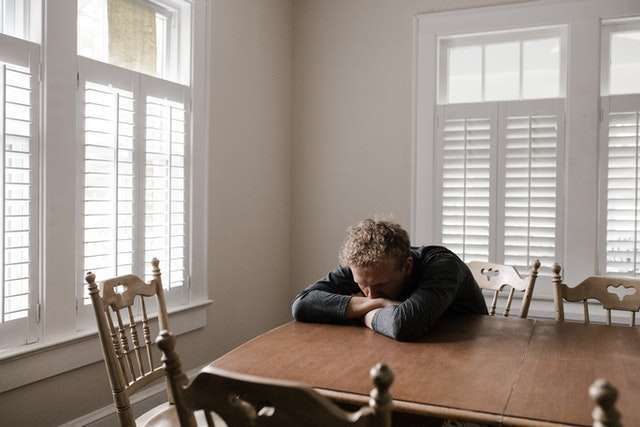The post is developed in partnership with BetterHelp.
There are many men who put off seeking help because they believe that being tough and self-reliant is a sign of masculinity; they also believe that they should be able to handle pain and problems on their own. When it comes to social and emotional well-being, males may find it more difficult to accept the fact that they have health concerns.
One of the most frequent psychiatric conditions, depression, is extremely difficult to treat on one’s own. No one expects a broken limb or a serious cut on their foot to heal on their own. Anxiety is no exception, and it’s critical to seek help if you’re suffering from it.
Men experience anxiety and depression too
Depression affects one out of every eight men, while anxiety affects one out of every five males at some point in their lives.
Anxiety and depression are more common in women, although men are less likely to suffer from them. They’re also less likely to talk about it, which is a good thing. This raises the likelihood that their mental health issues may go unnoticed and untreated.
Depression is a risk factor for suicide if it is not treated. Approximately 3,000 people commit suicide in Australia each year. Almost 7 men take their own lives every day, accounting for 75 percent of all suicides. You must remember that anxiety and depression are not weaknesses but rather disorders that can be treated effectively.
Understand the warning signs and symptoms of anxiety and depression so that you can help those who may be experiencing these conditions.
Symptoms of anxiety in men
Men and women show different signs of anxiety, according to an analysis of 25 studies published in 2021. Relative to women of the same age, men report higher levels of anxiety and physical symptoms such headaches, decreased appetite, and body tremors, as well as feelings of being out of control.
A lack of control and a sense of “failure” were shown to be common themes in men’s anxiety, according to the study’s findings. “Everlasting, ever-present, and often lifelong” is how men describe their symptoms.
Even while low anxiety has been associated with better cognitive performance, extreme anxiety has been linked to a decrease in cognitive performance. Other studies show a connection between anxiety disorders and a lower standard of living and a diminished capacity for social interaction. Learn more about the differences in the way anxiety shows up in men here.
Make a strategy for dealing with crisis
You’ll be able to choose from a wide choice of treatment options for anxiety and depression in your action plan. Fitness, stress management, and ways to get a better night’s sleep can all be part of the strategy. Psychologists are trained to help with issues such as combating negative thinking and resolving conflict in interpersonal interactions.
Having anxiety or depression is not something you can suddenly “snap out of” or “get yourself together,” despite what some people believe. It’s not just that simple.
The best way to get help if you suspect you have anxiety or depression is to open out to a trusted friend or family member. Consider talking to a friend, a family member, a coworker, or your doctor about your situation.
Tips for men dealing with anxiety
Taking care of your health and well-being may be done in many ways, so pick one that works for you. Start making plans for the day, even if they’re simple ones like going for a jog or talking to a friend, to keep yourself busy.
Include activities or interests that you have on a personal level. Even while you may not like them to the same extent as you once did, if you remain active and persevere, the pleasure should ultimately return.
Taking care of your body by exercising, eating right, and getting enough sleep is essential. Try to stay away from alcohol and other drugs if you want to avoid being aware of your feelings and what’s occurring around you. This isn’t a long-term cure and may exacerbate symptoms of anxiety or depression. Choosing the appropriate options and health care providers that work best for you is critical.



